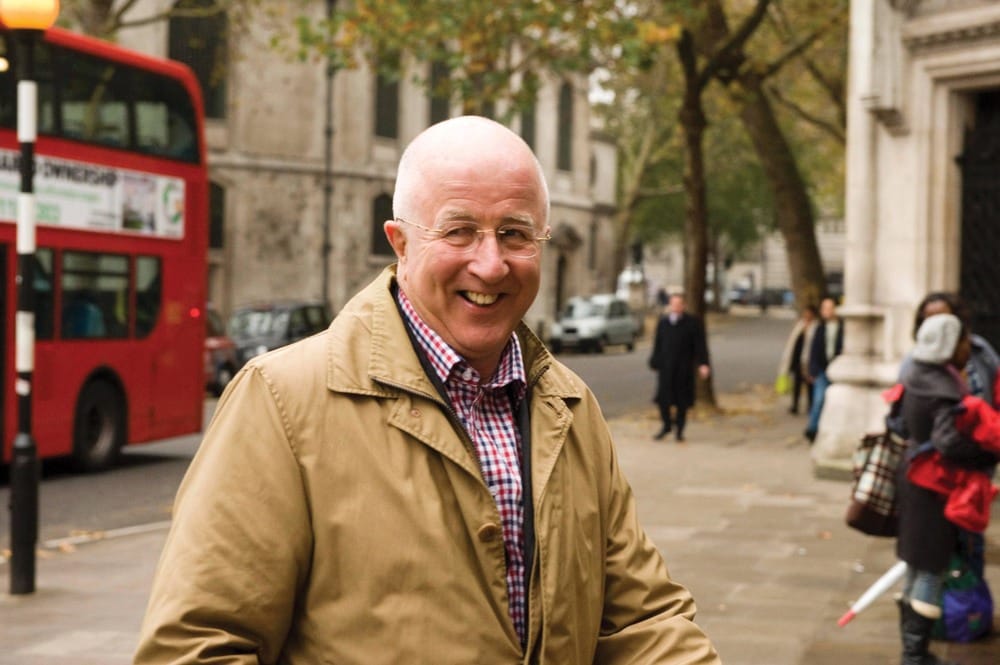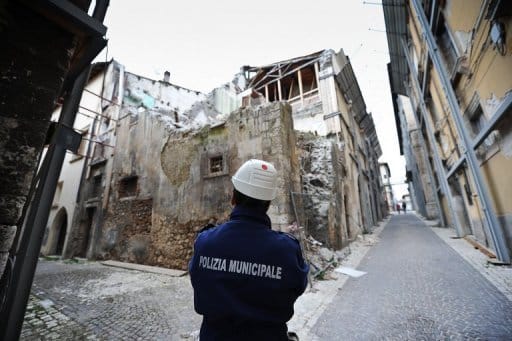Parliamentary privilege my arse
Politicians have legal immunity for a reason. We should call them out when they abuse it

When the expenses scandal originally broke in 2009, my opinion was succinctly summarised by a Guardian feature wherein an MP of the time described the story as a “wonderful moment of British fiddling, but more on a Dad’s Army scale than the real corruption of politics.” Yes, the MPs had decided against buying their own hobnobs/tampons/moats but MP pay is poor for a thankless, gruelling job and I envisioned the majority of expenses as a deserved bonus. Not to mention the whole thing was worth it to officially see that toilet seats were not designed to support John Prescott.
The exception was of course second homes, with four MPs and two Lords jailed for false accounting (although notably David Laws escaped criminal action despite renting his second home out to his partner). Here, people had stepped beyond taking liberties with reclaiming work-related moats and had willingly and criminally abused their position for financial gain to the cost of the taxpayer. In R v Chaytor it was argued that these MPs could hide behind Parliamentary privilege which says that MPs cannot be charged for what they say in Parliament and parliamentary paperwork cannot be used as evidence in court. They were told to MTFU [sic] by the Supreme Court, sent to jail and the whole debacle was put to bed.
And now it has been reawakened by a Mr MacShane: the very man who once eloquently described expenses as a Dad’s Army scale issue. It is alleged that he willingly deceived with 19 of his invoices, a markedly more serious allegation than telling the truth about taking advantage of expenses. He too looks like he will be employing Parliamentary privilege as his first line of defence against any potential criminal charge, which seems ridiculous given the precedent set down earlier in the same scandal. The unfortunate thing however, isn’t just that he could be successful in his defence, but that he is employing it at all.
Immunity from prosecution is important for political heavyweights, as lawmakers must be able to throw anything up for debate with unlimited free speech and ambassadors must know that they can continue their mission without the possibility of false accusations tarring their role. The problem is that some of the elite few fail to recognise this is a two way street. These rules are there to protect the integrity of the office, not the freedom of its occupier. Anyone offered such a shield can and should use it when they have held themselves to a higher moral standard but should not cower behind it when they have sullied the position itself.
In an ideal world, people granted such a position would agree to forgo their get-out-of-jail-free card when they know themselves to be guilty, but expecting such self-sacrifice would be naïve. Realistically however, we can at least expect the state to hold its representatives accountable. In 1997 a Georgian ambassador killed a girl through drink driving and Georgia waived immunity as they knew he was in the wrong – it is this behaviour that lends diplomatic immunity a great deal of credibility. Similarly, should MacShane be tried, I believe the state has every right to waive a law as he is abusing his privilege as much as he allegedly abused his financial power. If he did nothing criminal, let him prove it himself. If he is guilty, I don’t want him to walk free by sacrificing the integrity of our laws.







